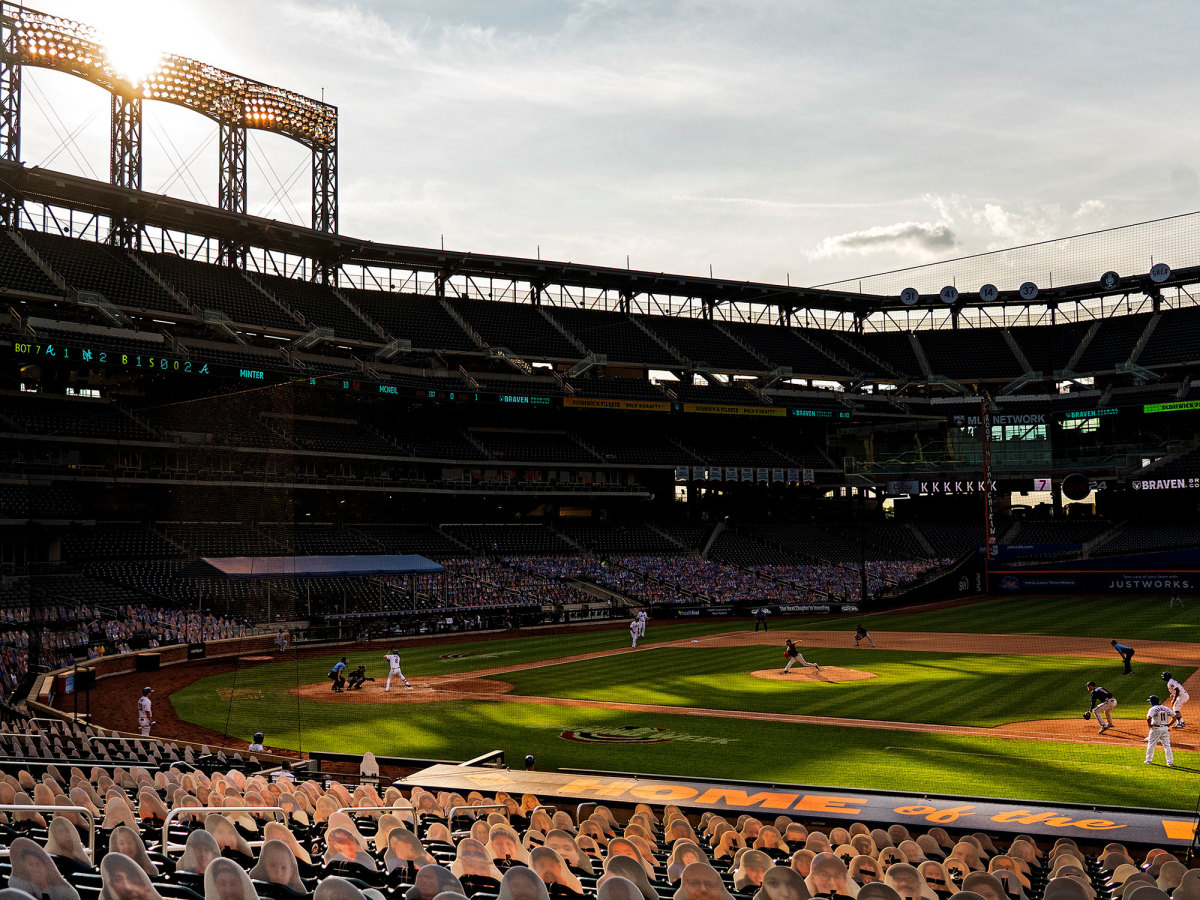Three MLB Teams Already Facing the Most Pressure
A short season brings urgency. Every loss is equal to 2.7 losses in a 162-game season. Consequently, panic buttons are closer within reach. After one weekend of play, three teams already are in trouble in the standings: the Phillies, Red Sox and Reds. All three teams lost two out of three at home to bad teams.
An overreaction? Sure, especially in a season in which eight teams in each league qualify for the postseason, which means a .500 record is contending status. The point here is that by losing games early to bad teams an apparent contender loses a big chunk of its margin of error.
Four hundred fifty teams have qualified for postseason play in baseball history. Only one of them did so with a losing record against losing teams: the 2016 Texas Rangers (34-36). Among World Series teams, the “worst” record against losing teams was the 36-31 mark of the 2007 Colorado Rockies.
History tells us that playoff teams dominate bad teams. The past six pennant winners were 376-173 against losing teams, a .684 winning percentage. Last year the 10-team playoff field was 562-276 against losers, a .670 winning percentage.
Playoff teams need to win almost 70% of their games against bad teams–winning two out of three and then some.
What does that mean in a 60-game season? Prospective playoff teams will play 31 games against losing teams. Their benchmark is to go 21-10 in those games. Now you see how two quick losses by Philadelphia, Boston and Cincinnati build pressure on those teams.
The Phillies lost two of three to the COVID-wracked Marlins. They're supposed to play their next four games against the Yankees, but Monday's contest has already been postponed due to the Marlins' outbreak. Philadelphia's Game Three starter was Vince Velasquez (four runs, three innings), who has a career 4.71 ERA after 100 starts.
The Red Sox lost two of three to the Orioles. Boston’s Game Three starter was Ryan Weber (six runs, 3 2/3 innings), who at age 29 has a career record of 3-10, 5.34 ERA. Boston plays its next nine games against the Mets, Yankees and Rays.
The Reds lost two out of three to the Tigers. They were up 3-1 in the seventh on Saturday and were tied 1-1 in the ninth Saturday and lost them both to a team that last year was 19-65 against winning teams. Cincinnati gets the Cubs next.
Don’t write off the Phillies, Red Sox and Reds just yet. The point is that losing a series to bad teams ramps up the pressure quickly in a short season.

Other takeaways from Opening Weekend:
• Three Cy Young Award winners went down with injuries: Clayton Kershaw (back), Justin Verlander (forearm strain) and Corey Kluber (shoulder), as well as World Series MVPs Cole Hamels (triceps) and Stephen Strasburg (nerve issue in hand). The high-risk period for pitching injuries typically is March and April when pitchers return to competitive, higher intensity pitching. We are in that window now. The injury to Verlander, often ominous, is especially concerning to the Astros. He will need about two weeks of rest before being re-evaluated. That’s a minimum of three of the 11 of 12 starts he would get this season in a best-case scenario.
• Will the lack of fans in the ballpark lead to faster play? Maybe. First results: the average time of a nine-inning game decreased by four minutes from last year: from 3:05 to 3:01. Still too slow.
• Uh-oh: Shohei Ohtani averaged 93.1 mph on his 16 fastballs in his disaster of a start Sunday. In 10 starts prior to Tommy John surgery, his average fastball velocity was no lower than 95.1 mph and as high as 98.0.
• Uh-oh, Part II: Zack Greinke averaged 87.4 mph with his fastball on Sunday against Seattle, down from 89.4 in his start in World Series Game 7 and the lowest of any start in his career.
• Whoa: Jacob deGrom averaged 98.2 mph on his heater on Opening Day, the highest of his career. His first start of last season was 96.0.
• Pitchers (and defenses) are ahead of hitters. The MLB batting average is .231–but remember, we’re just now seeing back ends of rotations. It will go up. Batting on balls in play is down from .298 to .276.
• So much for the return of the bunt. There have been only three sacrifice bunts, though Royals manager Mike Matheny used it perfectly in the new extra-inning scenario to win a game against Cleveland without a hit (pinch runner, sac bunt, sac fly). Most managers still trust their hitters to swing the bat with a runner on second and no outs–and many hitters can’t be trusted to get a bunt down.
• MLB has its first case about how serious it is about eliminating arguments under the health and safety protocols of the Operations Manual. The sight of Arizona manager Torey Lovullo arguing with and pursuing (unmasked) umpire Mark Ripperger was a bad look. The manual states that players or managers who leave their positions to argue with umpires or come within six feet of them face ejection and discipline. Lovullo was ejected. His discipline could be used as precedent to underscore that this season requires higher standards of behavior when it comes to social distancing and forceful talking.
